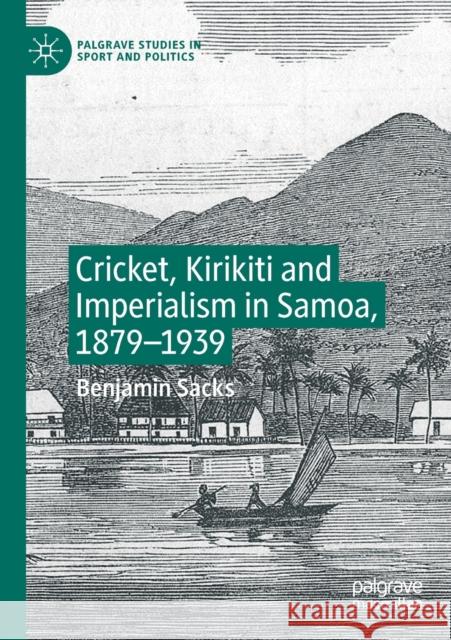Cricket, Kirikiti and Imperialism in Samoa, 1879-1939 » książka
topmenu
Cricket, Kirikiti and Imperialism in Samoa, 1879-1939
ISBN-13: 9783030272708 / Angielski / Miękka / 2020 / 306 str.
Cricket, Kirikiti and Imperialism in Samoa, 1879-1939
ISBN-13: 9783030272708 / Angielski / Miękka / 2020 / 306 str.
cena 201,72
(netto: 192,11 VAT: 5%)
Najniższa cena z 30 dni: 192,74
(netto: 192,11 VAT: 5%)
Najniższa cena z 30 dni: 192,74
Termin realizacji zamówienia:
ok. 22 dni roboczych.
ok. 22 dni roboczych.
Darmowa dostawa!
Kategorie BISAC:
Wydawca:
Palgrave MacMillan
Seria wydawnicza:
Język:
Angielski
ISBN-13:
9783030272708
Rok wydania:
2020
Wydanie:
2019
Numer serii:
000796604
Ilość stron:
306
Waga:
0.38 kg
Wymiary:
21.01 x 14.81 x 1.7
Oprawa:
Miękka
Wolumenów:
01
Dodatkowe informacje:
Wydanie ilustrowane











